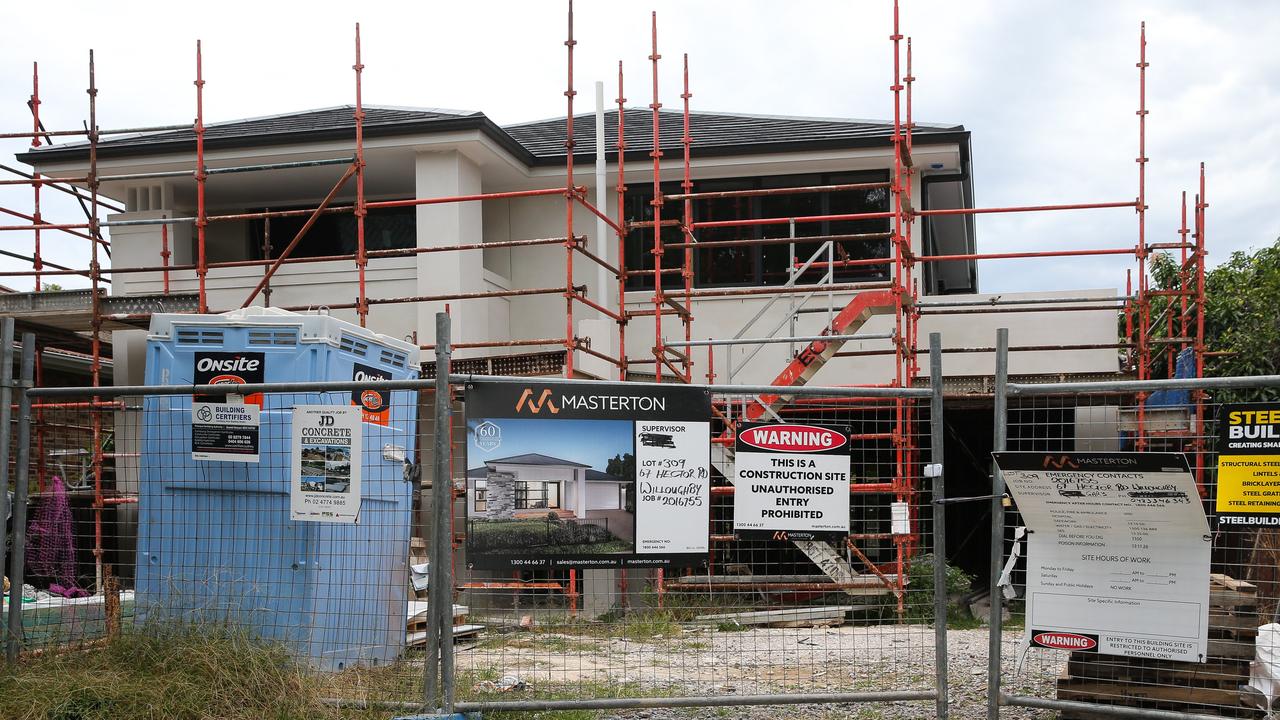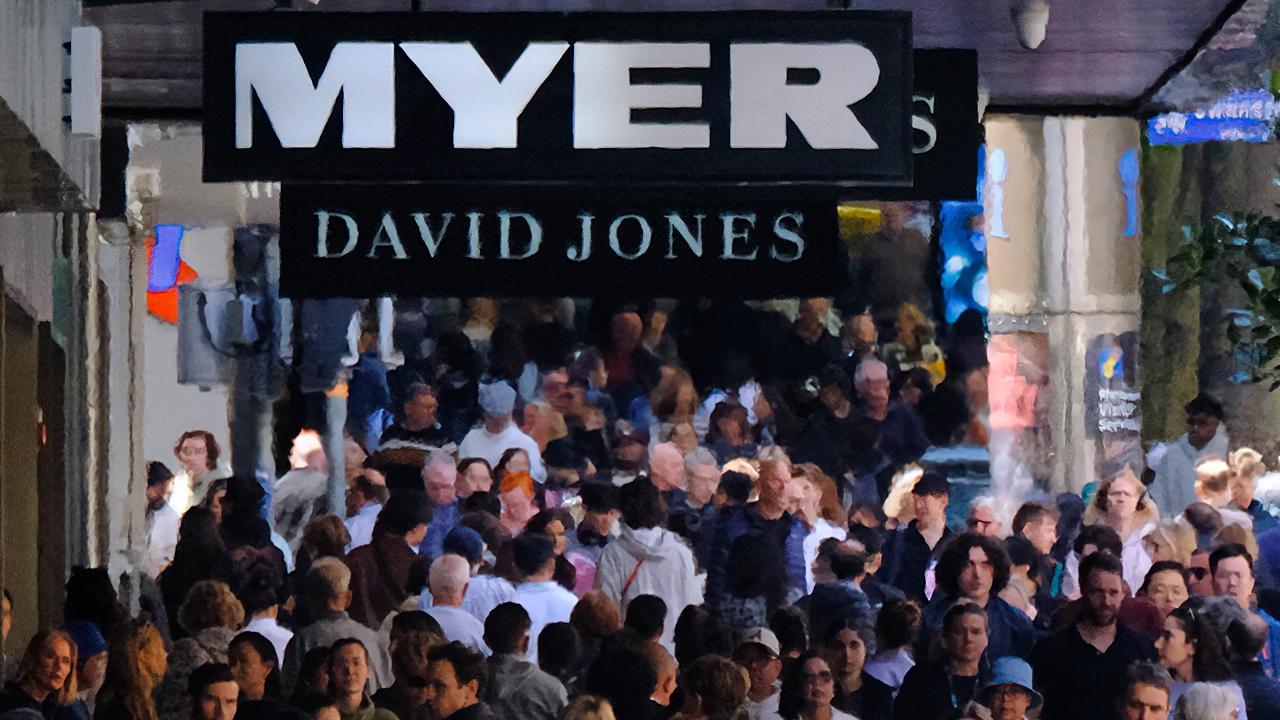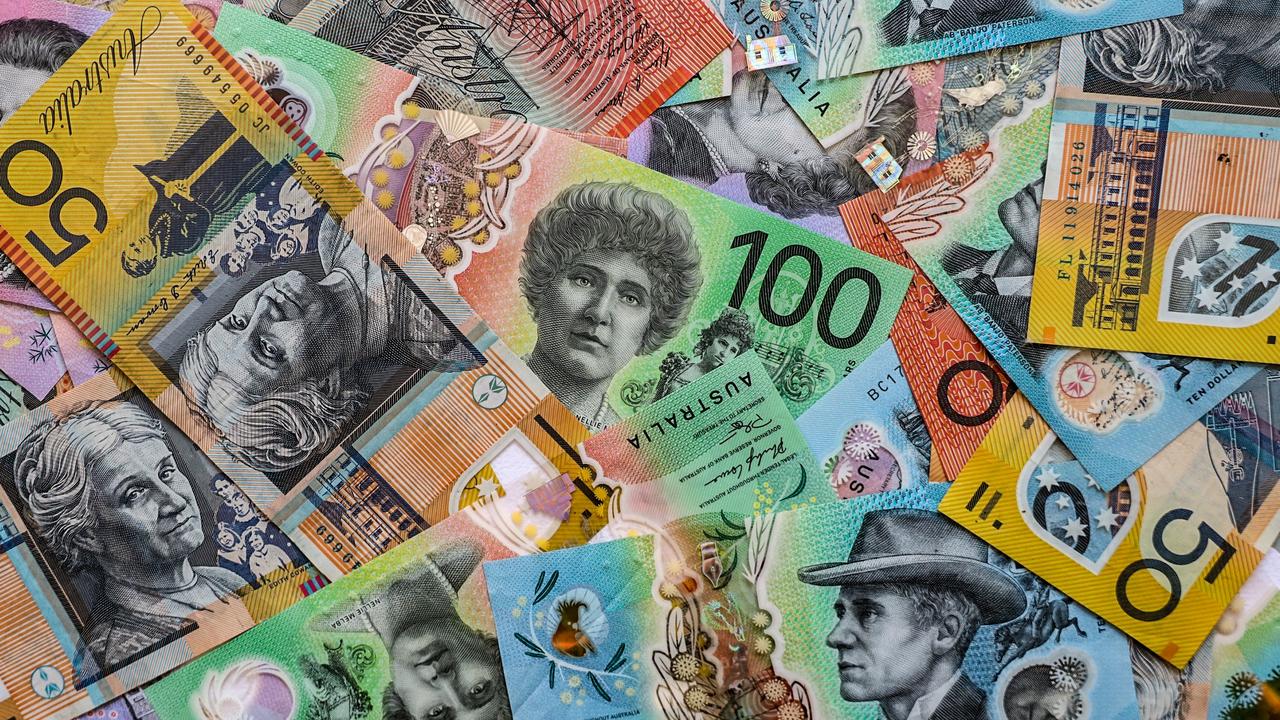Economy running at full speed
HOME owners have enjoyed the best price gains in four years and the economy may not be slowing as quickly as the Reserve Bank believes.
HOME owners have enjoyed the best price gains in four years, raising concerns that the economy may not be slowing as quickly as the Reserve Bank believes.
The bank's meeting in Sydney today decided to leave interest rates on hold at a 12-year high of 7.25 per cent, despite the worst underlying inflation since the early 1990s.
Financial markets expect the bank to wait for several more months to confirm the economy's direction. However, figures released yesterday reveal there is still some growth.
By holding fire, the bank will also be armed with next week's Federal Budget, which will show the level of spending cuts planned by the Labor Government to ease demand in the economy.
Wayne Swan underlined the case for spending cuts yesterday as Treasury released documents under Freedom of Information showing the department had warned his predecessor as treasurer, Peter Costello, that government spending would boost inflation.
"These documents show that the Liberal Party ignored Treasury warnings that excessive spending would put upward pressure on inflation and upward pressure on interest rates," the Treasurer told the Nine Network.
The Reserve Bank has raised official rates after each of the past three inflation figures. This, coupled with the banks' decision to lift rates independently of the central bank to cope with the global credit squeeze, has pushed the standard mortgage rate to about 9.5 per cent.
Reserve Bank governor Glenn Stevens has encouraged the belief that it would wait this time, telling a parliamentary committee last month that there were signs of a slowdown in the economy.
The figure released yesterday that will most worry the Reserve Bank is the monthly inflation index compiled by the Melbourne Institute and broking firm TDSecurities.
It shows the pressure on prices remains acute, with inflation holding at 4 per cent in April for the third month in a row. Of the 90 consumer goods and services measured by the Melbourne Institute, 24 rose in price in April while 13 fell.
Other figures show that home owners in Melbourne, Brisbane and Adelaide have been enjoying boom conditions, with prices rising by more than 20 per cent in the year to March. Even in Sydney, prices were up by 7.2 per cent.
Nearly all those gains were made by December, with little movement in the past three months. However, the March quarter is always the slowest period for house price rises. "There are a number of areas that are experiencing price declines, particularly in Sydney, but it is premature to conclude that the market is in overall decline," said Adviser Edge property analyst Louis Christopher.
Another widely used measure of demand in the economy - car sales - is also showing strong growth. Sales in the first four months of the year are up 5.7 per cent on the same period last year.
Consumer spending on motor vehicles overall is unchanged, as they continue to switch from big-six sedans to either smaller cars or sport utility vehicles.
However, business purchases of motor vehicles jumped 12.5 per cent in the first four months. Rapid growth in sales of vans and utilities shows that small business is still investing, despite weaker confidence.
The job market is also showing some strength. The number of job advertisements rose by 3.1 per cent last month.
Despite falls in each of the previous two months, the number of jobs on offer is still 20.8 per cent higher than it was a year ago.
Although ANZ deputy chief economist Tony Pearson expected growth in actual employment to level off over coming months, the amount of advertising in newspapers and on the internet was high.
Business surveys continue to point to the economy slowing down.
The Australian Industry Group's monthly survey of service industries showed a slump in activity in April. Sales dropped for the first time since 2006.



